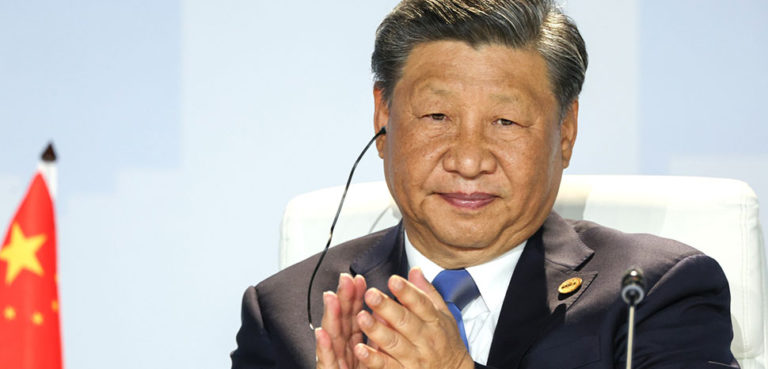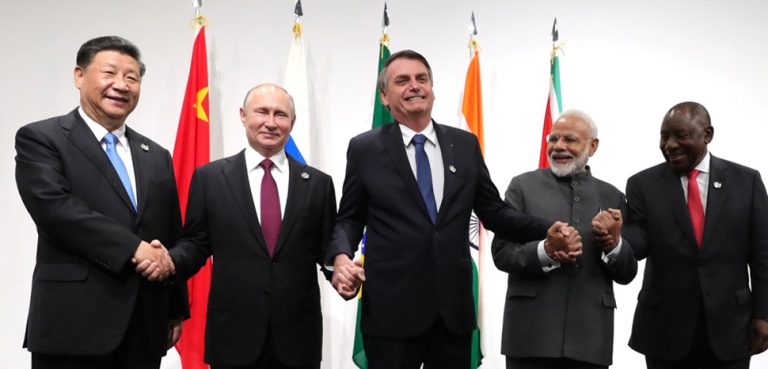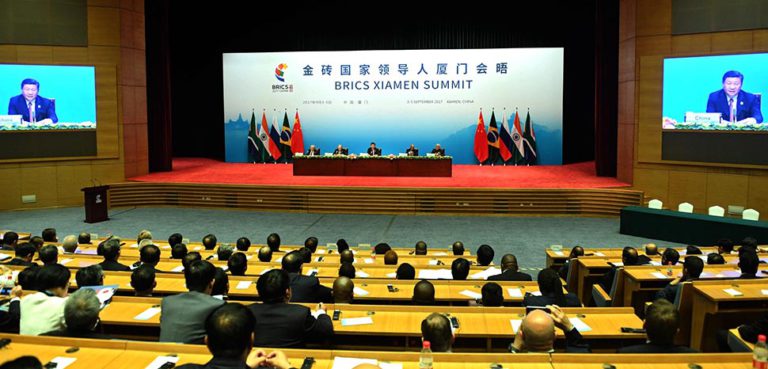As the BRICS bloc contemplates its next wave of expansion, the ambitions of prospective members have taken center stage during this year’s annual BRICS summit. As the world increasingly acknowledges the significance of emerging markets, countries are showing interest in joining the BRICS. The recent bids by Bangladesh and Indonesia to join this coalition provide fertile ground for understanding the benefits to prospective and current members. Moreover, their membership prospects significantly affect their national economies and the geopolitical balance in Asia and beyond.
Bangladesh and Indonesia’s Relations with the BRICS
Situated at the crossroads of South Asia, Bangladesh’s economic ties have been most substantial with its immediate neighbor, India. But with projects like the Bangladesh-China-India-Myanmar (BCIM) Economic Corridor and growing foreign investment, interest and influence in the country has diversified beyond the country’s traditional allies. The nation’s $16 billion trade volume with India, paired with its emergent trade relationships with China, Russia, and South Africa, hints at Bangladesh’s potential to enhance its standing as a significant trade and manufacturing hub in Asia, going beyond its influence in global textiles to incorporate growing sectors like pharmaceuticals and information technology.




